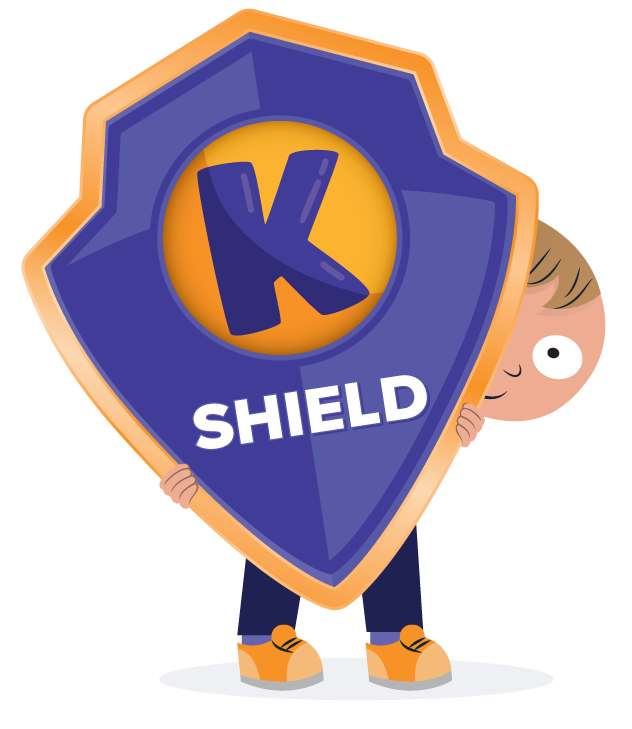Powered by AC&A Educational and Therapy Services | +1 (954) 869-7202 | info@acandassociates.com
The Educational Journey Begins

The KShield Educational Journey is a holistic system that seamlessly integrates therapies and educational services.
Guiding children from infancy through the early school years, it addresses fundamental milestones along the way.
From mastering physical skills like sitting and crawling to developing cognitive abilities such as language acquisition and pre-literacy skills, our journey is comprehensive and begins in the early months of life.

Understanding the importance of monitoring a child’s development from birth, AC&A’s commitment to continuous assessment ensures that no developmental need is overlooked. By adopting a holistic perspective and implementing evidence-based practices, the KShield Educational Journey empowers children to thrive academically and holistically.
By offering specialized services within the educational environment or online, the KShield Educational Journey strives to provide equal opportunities for all students, regardless of their abilities or disabilities. Close collaboration between teachers and our therapists, utilizing tools and services of the KShield Educational Journey, enables the formation of instructional teams that continuously monitor and evaluate the progress of students with diverse learning needs.
The online services provided by the KShield Educational Journey and integrated therapies in schools empower students to receive ongoing proactive support, enabling them to reach their full potential.


KShield Educational Journey offers a full range of educational and pediatric services for your convenience.
Our experienced specialists conduct thorough assessments to gain an in-depth understanding of your child’s clinical requirements. These assessments help us identify the most appropriate therapeutic interventions for your child’s specific needs.


AC&A Educational
and Therapy Services
1825 NW Corporate Blvd
Suite 110, Boca Raton, FL
33431-8554
+1 (954) 869-7202
info@acandassociates.com